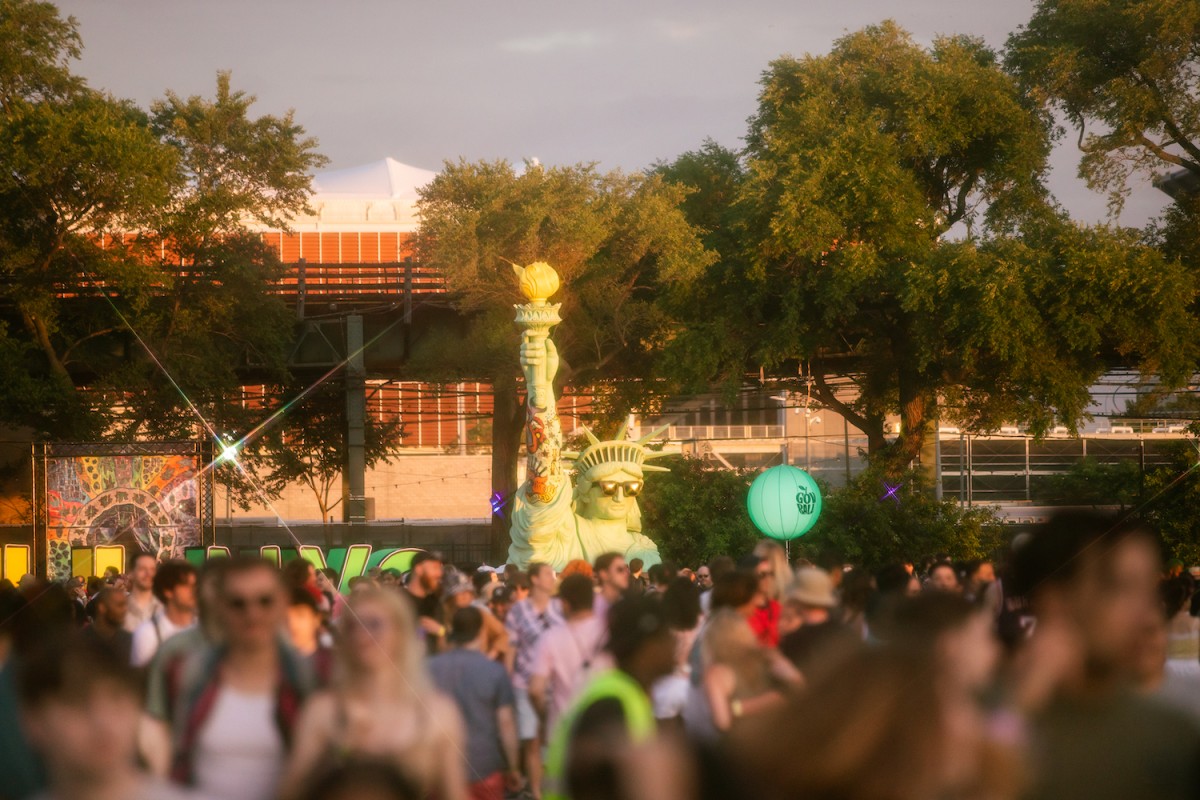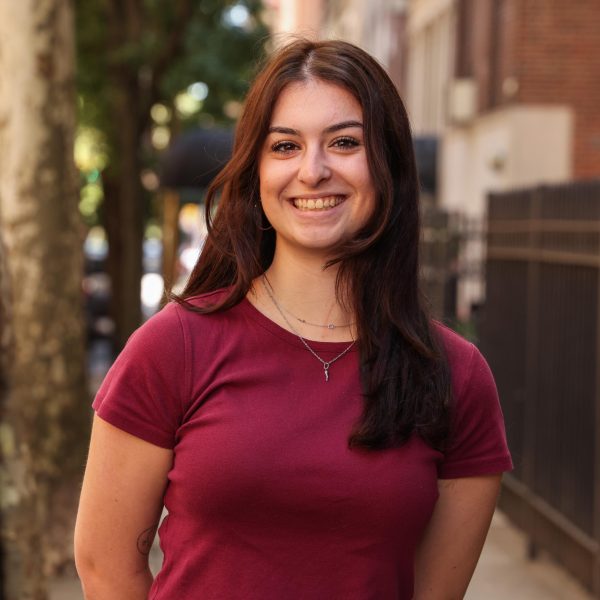Usually, you know what you’re getting into with a music festival. You go. You spend $20 on a tiny hot dog and another twenty on water. You walk around aimlessly between three stages because TikTok has ruined your attention span and you can’t watch the same thing for more than five minutes. You demolish your shoes, lose your phone and go home swearing you’ll never go again — but somehow forget that sentiment by the time the presale rolls around next March. This summer, however, was different.
College students are a major demographic for music festivals, and their role in our lives has transformed dramatically since the beginning of the 2010s when they first started gaining popularity. Still, we love music festivals because they’re experiences of community and excitement. Where did they all come from? Perhaps the entirety of it is a global case of FOMO. Or maybe it started with Woodstock — a collective of hippies storming upstate New York to celebrate peace and love. Or Live Aid, which has become a tradition and a central point of musical and cultural history.
When thousands of people dressed in glitter and fishnets crowd in one densely packed area during the last weekend of the summer, it either ends up either incredibly appealing or incredibly repulsive.
For example, Governors Ball – a New York-based music festival – is an iconic part of many NYU students’ lives. It’s an institution that signals the start of the summer.
“[Governors Ball] is a rite of passage for tri-state area kids,” artist and New York resident Ella Jane told the crowd during her set at Governors Ball this June. “I’ve had many a pair of shoes ruined by Gov Ball, so it’s surreal to be back here.”
Jane’s sentiments about festivals are shared by many. They are quintessential to the college experience, and no one expects them to be perfect. But, minor inconveniences are very different from a complete disaster. You expected to lose your friends in the crowd, but not in a stampede. The issue is when the inconveniences begin to overshadow the music, impacting concertgoers’ experiences. For Electric Zoo, it seemed to hit a peak.
Electric Zoo is an electronic music festival held over Labor Day weekend on Randall’s Island. This year, the first day was canceled shortly before doors opened because the main stage was not built in time. The festival cited supply chain shipping issues. Day two started two hours late, leading to some acts being canceled.
“The whole experience of raves was just ruined,” said Chloe Suh, a graduate of Boston University. “Saturday was a huge disappointment. That stage was bare bones. The lines to get in were so disorganized and confusing. [It was] pretty much a turn-off for future festivals.”
Day three saw capacity issues and authentic ticket holders denied entry, leading them to storm the gates. Mayor Eric Adams even stated in a police briefing that they would be “dealing with [the organizers of EZOO] in the next few days based on their behavior and actions.” Now, the organizers are being hit with a class-action lawsuit.
“Getting in and out of gates was borderline dangerous,” Nathan Straus, an NYU junior said about his experience at EZOO. “My friend and hundreds of others waited hours for their tickets. The synthesis was just off. It seemed poorly managed, which made for not the best experience possible.”
Similarly, Burning Man, a weeklong event dedicated to art and self-expression in Nevada, erupted into chaos after heavy rainfall created muddy conditions that prevented attendees from leaving. Diplo, one of the acts, allegedly walked six miles in the mud and then hitchhiked with a fan to escape the desert.
When the anxiety of taking Instagram photos in front of hundreds begins to be overshadowed by safety concerns, it changes things. Festivals have dominated summer pop culture since Coachella first gained popularity in 2013. It’s become bigger than a festival. It is a celebrity and branding event, where the focus is on the elaborate outsides rather than the music. Our feeds are inundated with outrageous outfits in front of a Ferris wheel and shaky concert videos from about a mile away from the stage.
Celebrities like James Charles or even Vanessa Hudgens make it a point to attend each year because it has such a presence in the media. Hudgens even caused a COVID-19 scandal in 2020 when, in her disappointment over the cancellation of the festival, she said that “people are going to die anyways.” At some point between then and now, festivals changed from being about music. Students shouldn’t have to deal with concerns over their safety — and this summer, it happened more often than not.
A dip in appeal seemed logical after every corner of the world appeared to have a festival that went wrong. Maybe music festivals are slowing down, or maybe we’re just getting older. I’ll still send my friends the Gov Ball lineup when it’s announced next spring, and try to convince them that the three-hour commute from my hometown will be worth it — but it will be veiled with doubt. There is no denying that something has changed, and it’s making all of us hesitate before buying a festival ticket again.
Contact Julia Diorio at [email protected].
























































































































































